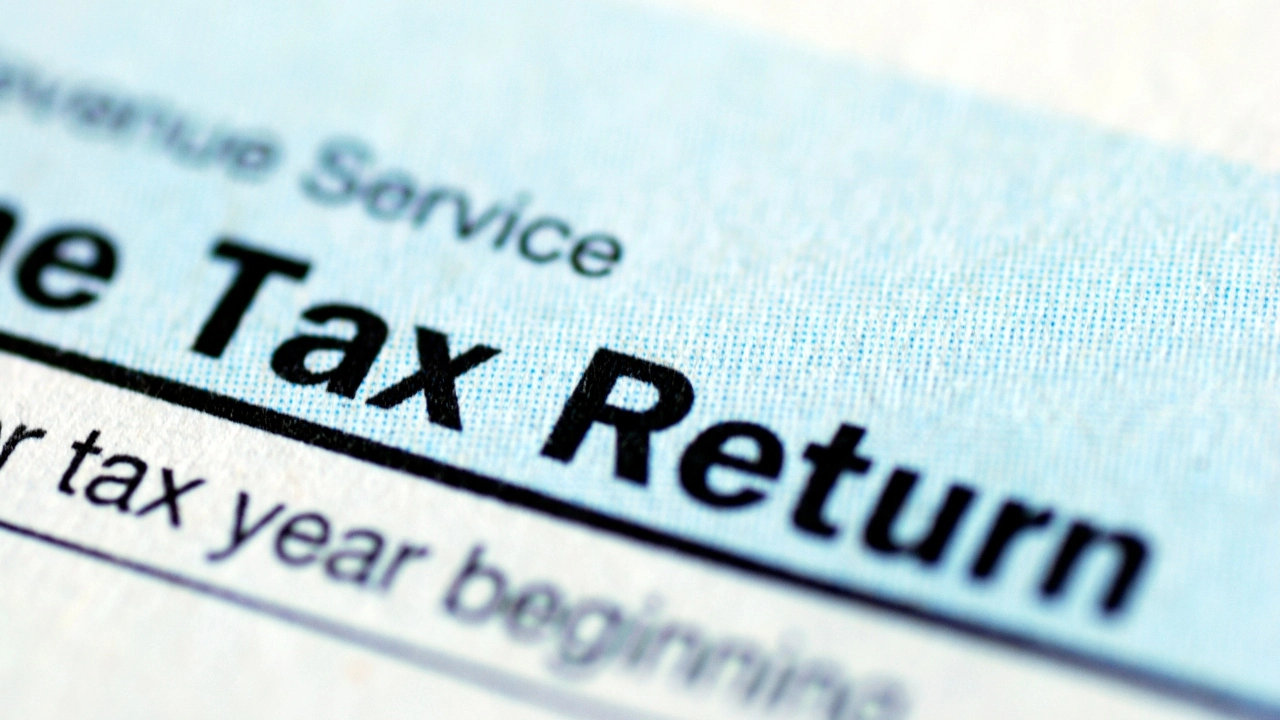
The $143 million question on every marijuana executive’s mind these days – especially after Thursday’s news that Trulieve Cannabis received $113 million in tax refunds – is: Should my MJ company consider filing a tax refund claim?
The best answer is: Some should.
Why only some?
What would make one cannabis business’ argument that Section 280E of the IRS code doesn’t apply a potential winner while another cannabis business’ argument is a likely loser?
The most important distinction is medical versus adult-use marijuana.
Here’s why:
In December 2014, Congress enacted a law that bars the Department of Justice from using funds to prevent states, the District of Columbia and U.S. territories from “implementing their own laws that authorize the use, distribution, possession, or cultivation of medical marijuana.”
Since then, Congress has reenacted that same restriction every time it funds the DOJ.
Meanwhile, courts have ruled that the restriction means the DOJ – and, thus, the federal government – cannot prosecute medical marijuana businesses for cultivation, distribution, possession or use that complies with state law.
Why does that matter?
In Gonzales v. Raich, a legal case decided in 2005, the U.S. Supreme Court saw no commerce clause problem with enforcing the Controlled Substances Act (CSA) against someone complying with California’s medical cannabis law.
The federal government only has authority provided by the Constitution.
The commerce clause gives Congress authority “To regulate commerce … among the several states.”
Raich is binding, meaning courts have to apply its ruling in other cases. But the same legal rule can yield different results when applied to different facts.
In Raich, the federal government argued that the interstate commerce clause gave it authority to seize and destroy cannabis plants belonging to a woman growing them in her home and using them as medicine, in compliance with state law.
The DOJ explained that the law prevented such intrastate activity to effectively maintain the CSA’s interstate regulatory scheme.
The Supreme Court agreed because it concluded that it must defer to Congress.
According to the high court, Congress determined that failure to regulate intrastate manufacture and possession of state-legal medical cannabis “would leave a gaping hole in the CSA” and prevent it from effectively regulating interstate drug trafficking.
What if … ?
But what happens when Congress changes its mind?
Can a court now applying the Raich rule of deference to Congress’ judgment reach the same result about the legality of the CSA’s prohibition of state-authorized “use, distribution, possession, or cultivation of medical marijuana?”
No. Congress has made a different judgment.
In 2005, when Raich was decided, the laws Congress enacted authorized the DOJ to prosecute folks who used, cultivated, distributed or possessed state-legal medical marijuana.
Now, the laws Congress has enacted prevent any such prosecution. The rule in Raich applied to materially different facts yields a different result.
By keeping the CSA in place but preventing federal prosecution of state-legal medical cannabis distribution, Congress has communicated its determination that such prosecutions are not necessary to prevent gaping holes in the CSA.
To faithfully apply Raich, courts now must defer to that judgment.
And a court deferring to that judgment can’t conclude that the CSA’s prohibition of state-legal medical cannabis use, cultivation, distribution and possession is constitutional under the Commerce Clause because Congress thought the prohibition was necessary.
That means the CSA’s nominal prohibition of state-legal medical cannabis use, cultivation, distribution and possession is unconstitutional.
As such, state-legal medical cannabis use, cultivation, distribution and possession actually has been legal under federal law – and thus not covered by Section 280E – since 2015.
This argument does not require overruling Raich.
Much has been made of Justice Clarence Thomas’ criticism of Raich in a case called Standing Akimbo v. United States. (I represented the government in this case when I worked in the DOJ’s Tax Division.)
But when cannabis businesses have relied on Justice Thomas’ criticism to urge courts not to apply Raich, courts have correctly explained that they cannot overrule the Supreme Court.
Medical cannabis businesses can show that they are no longer illegal under federal law by applying the reasoning of Raich.
They don’t need to ask courts to ignore it or wait for the Supreme Court to overturn it.
Approach refund claims carefully
True, individual situations matter and there are other factors to consider, so medical marijuana businesses should think carefully and seek counsel before filing a refund claim.
Cannabis businesses that file refund claims should also be prepared to litigate.
Before Trulieve’s disclosure it received a refund, I would have said that the IRS is unlikely to agree that Section 280E is inapplicable to some cannabis businesses.
Even now, it is notable that Trulieve CEO Kim Rivers said that its refund “could be in a litigation posture.”
Cannabis businesses should consider whether they can bear the costs of litigation, and may want to explore ways to share litigation costs with attorneys, litigation funders, etc.
But many medical cannabis businesses have a Commerce Clause argument against the application of Section 280E that is worth considering and is markedly different from the Commerce Clause arguments available to adult use cannabis businesses.
There is also at least one other argument medical cannabis businesses should explore.
They should explore quickly. A refund claim must be filed within three years of when the tax return was filed or within two years of when the tax was paid (which can be especially helpful to cannabis businesses on IRS payment plans).
For many cannabis businesses, a 2019 refund is now out of reach.
And we might not know what Trulieve’s argument is until after the clock has run out on 2020 refund claims.
Indeed, Trulieve considers its refund position a trade secret. That means, if the IRS pays Trulieve’s remaining claims, we might never know.
So, yes, look before you leap.
Just be sure to look.
Nathaniel Pollock left the U.S. Justice Department’s Tax Division last year to join Indiana-headquartered SouthBank Legal. He founded and now leads the firm’s tax controversy practice out of the Washington DC office. He can be reached at npollock@southbank.legal.
To be considered for publication as a guest columnist, please submit your request here.





